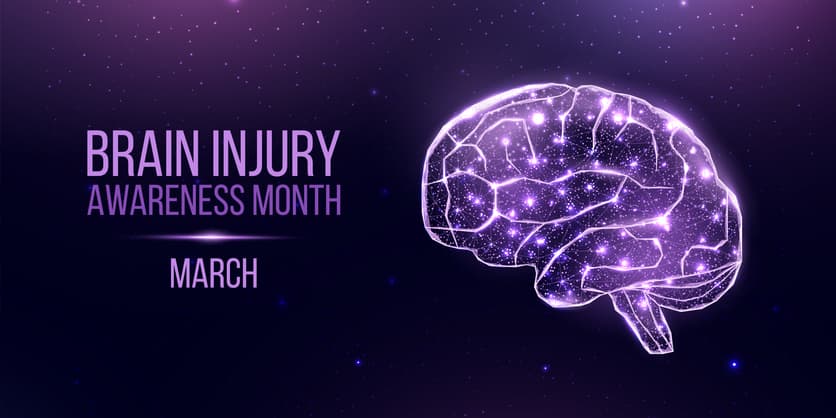We all know that our brain is important, but we don’t really think about how it works or how to keep it healthy. We have a tendency to think that if we exercise our bodies, it will help us be healthy. But will it help us have a healthy brain? The truth is that your brain benefits from physical exercise as much as your body does. In fact, exercise is more important for your brain than your body because your brain controls everything in your body.
Physical exercise is an important part of overall brain health. Exercise can help improve memory, concentration, mood and more. Experts from the Cleveland Clinic, Mayo Clinic, Harvard and the MacArthur Foundation all agree that physical exercise and activity are key to promoting brain health and healthy brain aging. But it isn’t just physical exercise…
Mental exercise, mental activity or “mental fitness” is also critical to maintaining brain health throughout our life. There are many ways to exercise your brain without breaking a sweat.
Reading is an excellent way to exercise your brain. There are several benefits of reading. It helps to develop your vocabulary, improve your ability to understand different subjects, develop your memory, increase your creativity, and improve your problem-solving skills. Reading can also help you to improve your mood.
Another way to exercise your brain is to learn something new. Pick up a new hobby, take a class, learn a new sport or game. Challenge yourself by learning to use your non-dominate hand. Study a foreign language or learn a musical instrument. You are never too old to try to learn something new, and you will be helping your brain stay sharp. You can also expand your social network through classes and hobbies and positive social interaction supports brain health and cognitive function.
Another component of brain health involves lifestyle choices. This includes proper nutrition, adequate sleep, relaxation and stress reduction. It also includes attending to medical conditions especially high blood pressure, high cholesterol and diabetes.
These are all great ways to promote brain health, but we also need to include protecting our brain from physical injury. Traumatic brain injury (TBI) may be caused by a bump, blow, or jolt to the head, (think football concussion) or a penetrating injury (such as from gunshot) to the head. TBIs can create health issues that resolve over time or last a lifetime. Protecting young children from TBI is especially important as TBI may affect brain development.
The CDC reminds us that by taking the following actions You Can Prevent Traumatic Brain Injury:
- Buckle Up Every Ride – Wear a seat belt every time you drive – or ride – in a motor vehicle.
- Never drive while under the influence of alcohol or drugs.
- Wear a helmet, or appropriate headgear, when you or your children:
- Ride a bike, motorcycle, snowmobile, scooter, or use an all-terrain vehicle;
- Play a contact sport, such as football, ice hockey, or boxing;
- Use in-line skates or ride a skateboard;
- Bat and run bases in baseball or softball;
- Ride a horse; or
- Ski or snowboard.
- Prevent falls in older adults
- Talk to your doctor to evaluate your risk for falling and talk with them about specific things you can do to reduce your risk for a fall.
- Ask your doctor or pharmacist to review your medicines to see if any might make you dizzy or sleepy. This should include prescription medicines, over-the counter medicines, herbal supplements, and vitamins.
- Have your eyes checked at least once a year and be sure to update your eyeglasses if needed.
- Do strength and balance exercises to make your legs stronger and improve your balance.
- Make your home safer.
- Make living and play areas safer for children
- Install window guards to keep young children from falling out of open windows.
- Use safety gates at the top and bottom of stairs when young children are around.
- Make sure your child’s playground has soft material under it, such as hardwood mulch or sand.
Brain health should be an ongoing concern throughout your life. Brainpower declines over time as we age, but your efforts to maintain a healthy brain can impact how strong your brain remains into old age.
If you would like more information on brain health and its effects on mood and mental health, call our providers at Behavioral Health Solutions: 702-608-1976.


